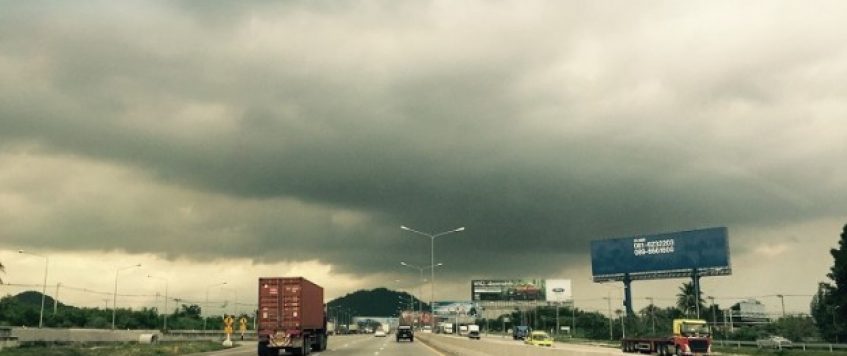-
12
Jan
Preparing Your Supply Chain to Cope with Bad Weather
Bay Area Logistics Firm on Dealing with The Elements
Bad weather can be the demise of any unprepared transportation expedition. Professionals who do not adequately plan for bad weather conditions will seriously undermine their logistics performance. Trains, trucks, airplanes, and more must deal with unpredictable weather conditions to perform transportation services. When these services are not performed on schedule, failures occur and inventory runs short. This usually leads to sudden rate spikes, which can negatively affect budgeting and pricing.
While it is impossible to control current weather standards, there are ways to develop a plan that will help intermodal transportation professionals navigate common issues that arise with service delays. Use the following tips to prepare yourself for the next bad weather situation:
Clearly Communicate With Your Company
Educate various people within your organization about the effect weather has on your ability to avoid service failure. Give a detailed explanation of your plan for capacity that takes into consideration unexpected delays.
Don’t Try to Predict the Market
Trying to time the market is an exercise in futility. It is wise to seek out competitive rates at a given point in time, but attempting to time the trucking market is like predicting the stock market. Instead, conduct an annual procurement exercise at the same time each year. Strong alignment of shipper and provider networks happen when you review rates and service providers consistently. This also creates sustained pricing levels.
Maintain a Consistent Amount of Service Providers
It’s good to add new service providers, but measure the current level of efficiency before doing so. For example, before you choose what to add, consider measuring how much freight your carriers are hauling compared to what’s being promised. If too much is being output to non-incumbents, it will produce higher rates.
Understand the Driving Force Behind Fluctuation
Changes in the market will affect capacity availability. Trucking capacity is cyclical. It is nearly impossible to determine when a capacity shortage is fast approaching. However, keeping a close eye on economic indicators will help you understand the tides of the market, and ultimately anticipate potential impacts on rates.
Leaders in Oakland Intermodal Transportation
Bad weather is inevitable, so having a plan will help you bypass many of the issues that stem from a lack of preparedness. To learn more about the transportation industry, or to learn about current rates for intermodal transportation services, contact R&A Trucking today at (510) 632-7112.
